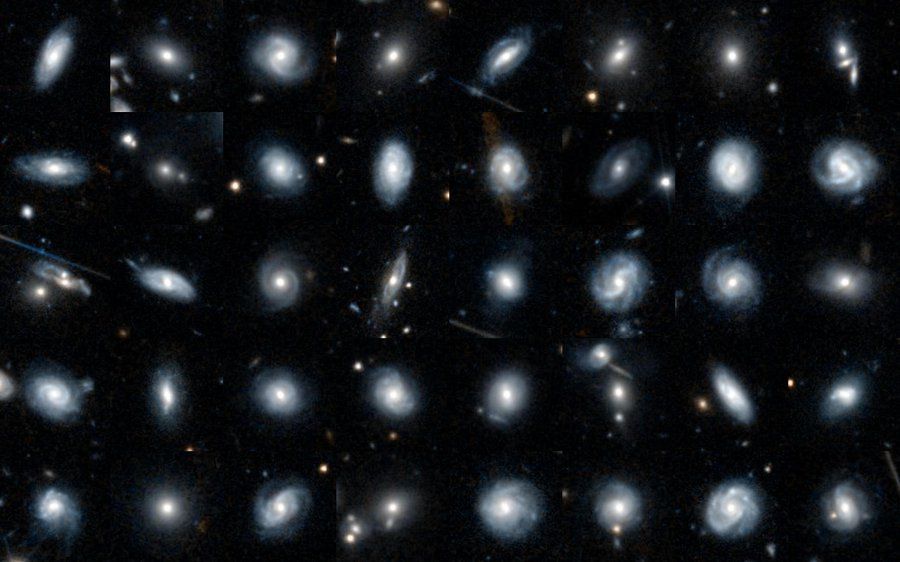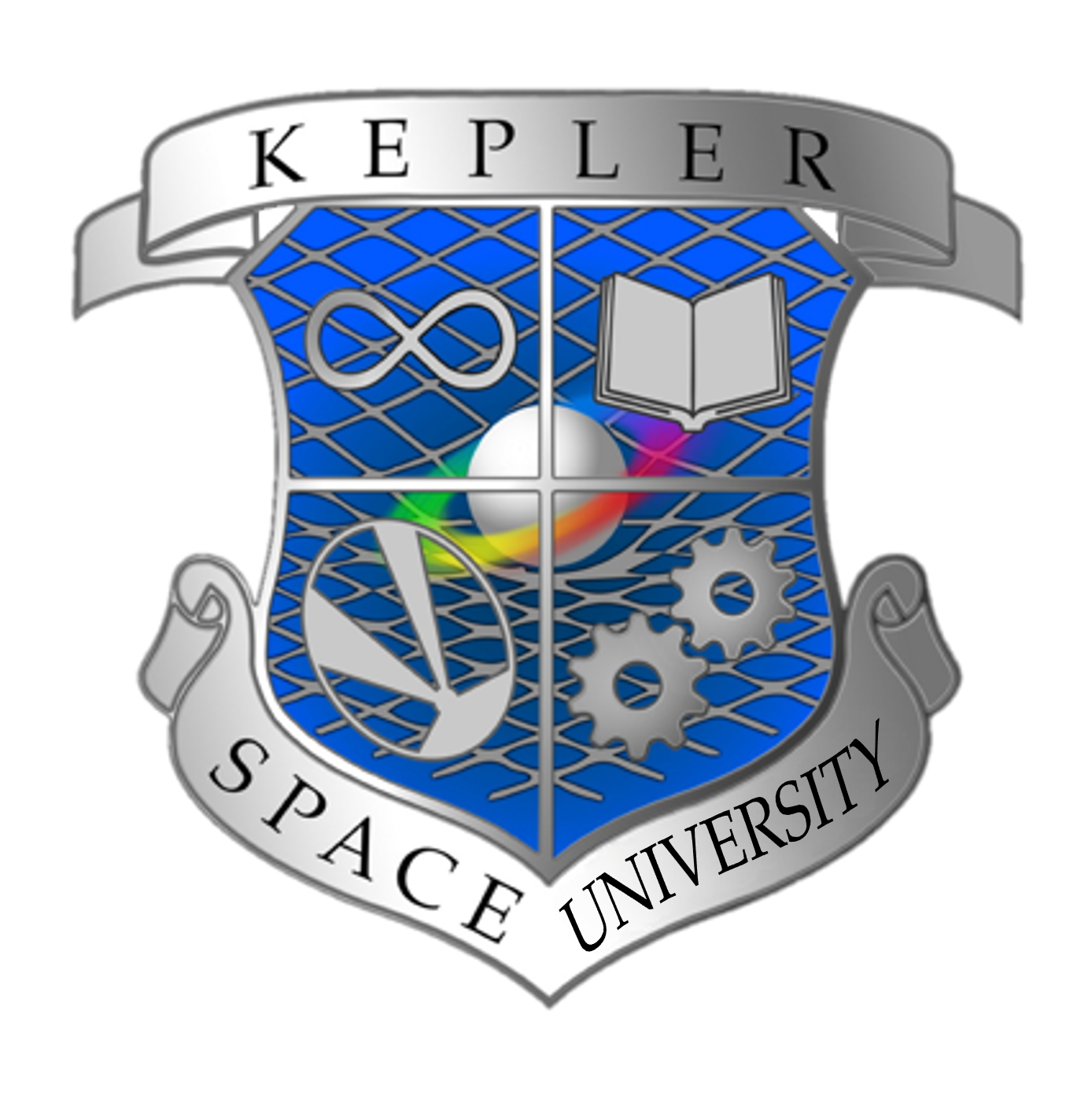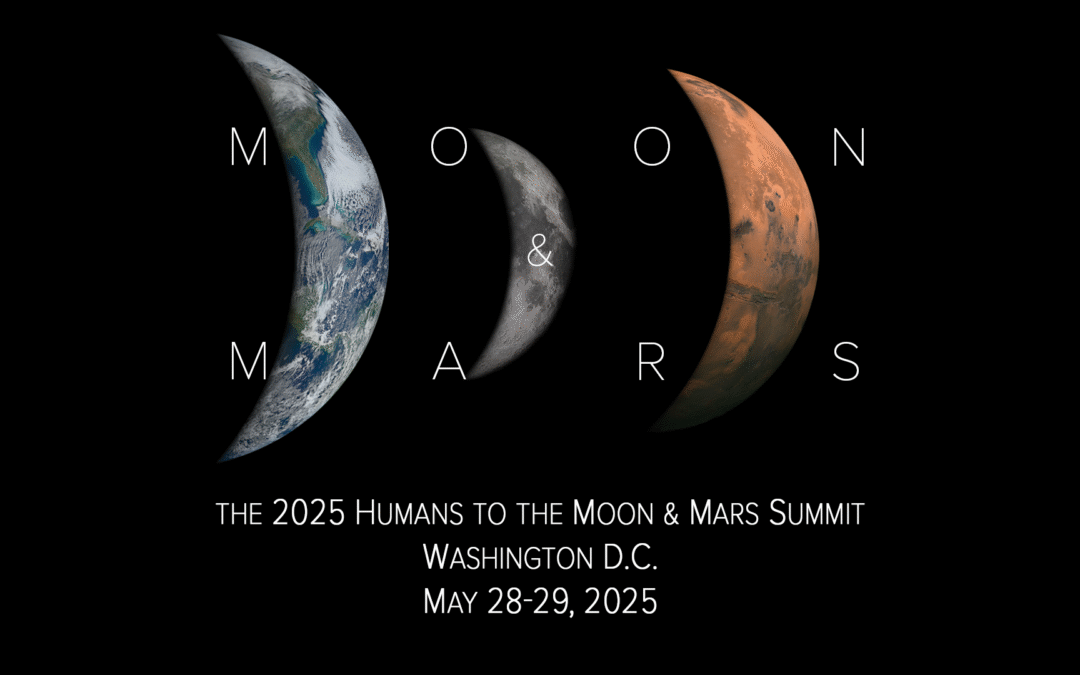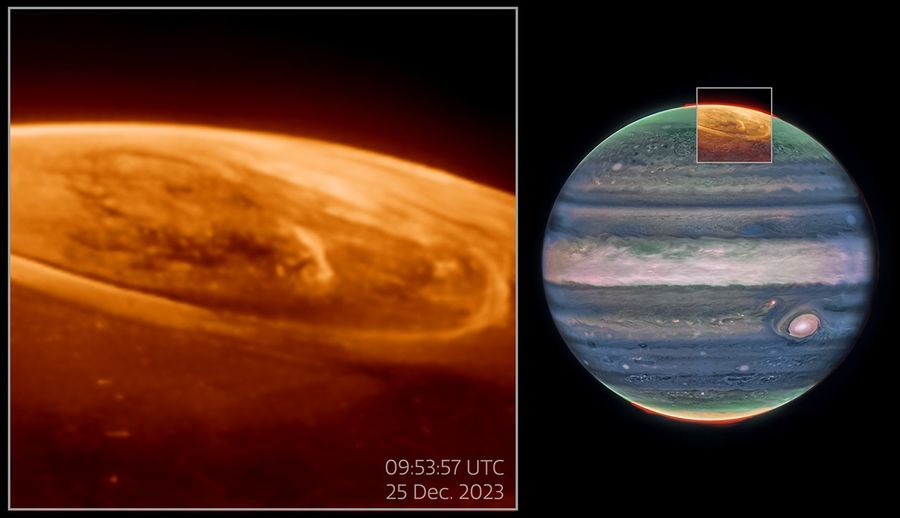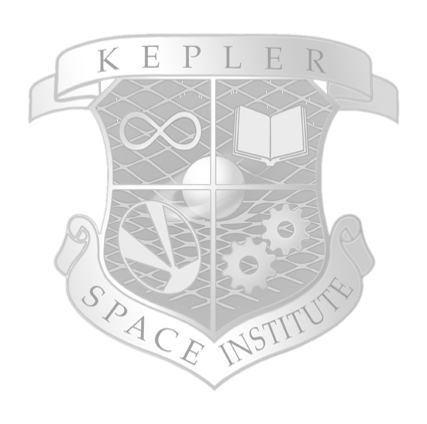The European Space Agency’s (ESA) Euclid space telescope launched in July 2023. Euclid has been designed to look at a much larger region of sky than the Hubble Space Telescope or the James Webb Space Telescope, meaning it can capture a wide range of different objects all in the same image – from faint to bright, from distant to nearby, from the most massive of galaxy clusters, to the smallest nearby stars. With Euclid, we will get both a very detailed and very wide view (more than one third of the sky) all at once.
The Euclid Challenge
Euclid scientists need your help. Euclid captures images of tens of millions of galaxies like those we’re showing here. To classify that impossibly-large pile of galaxies, we’re using your classifications to train AI algorithms (remember the Zoobot AI assistant?). But the AI algorithms need to be ready for the scientists by the end of August – in only one month! We need as many volunteer classifications for teaching the AI algorithms as we can get; our goal is 100,000 classifications. We’re calling this The Euclid Challenge. Spread the word and dive in!
In its mission to map out the DarkUniverse, ESAEuclid will image hundreds of thousands of distant galaxies. For the next six years, the spacecraft is expected to send around 100 GB of data back to Earth every day! That’s a lot of data, and we need your help to train Artificial Intelligence models to classify the shapes of galaxies as seen by Euclid.
If you partake in our new Euclid challenge on Galaxy Zoo, you could be the first to lay eyes on Euclid’s latest images
Not only that, you could also be the first human ever to see the galaxy in the image!
Learn more: Join the Euclid Challenge
